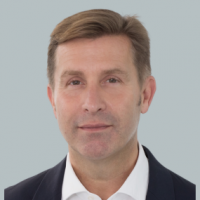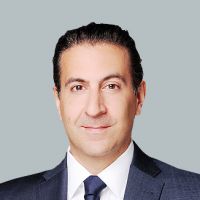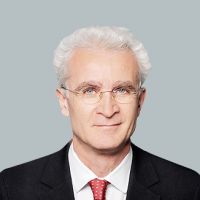Neurosurgery is concerned with diseases, injuries or malformations of the central and peripheral nervous system - especially their surgical treatment. The diseases of the nervous system that fall within the neurosurgeons' area of expertise can differ fundamentally: They affect either the spinal column or the head and brain, which all belong to the central nervous system - the CNS. The peripheral nervous system describes the nerve pathways that run through all regions of the body from the spinal cord. This is precisely why we distinguish two areas in neurosurgery:
- Neurosurgical spinal surgery: Here the most common diagnoses requiring surgery are tumors in the spinal cord and spinal cord contusions. Herniated discs are also among them.
- Head and brain surgery: Diseases or injuries that are most frequently treated here are cerebral haemorrhages, tumors or vascular obstructions in the brain. It also includes all types of craniocerebral injuries - and not least the hydrocephalus.
By the way: functional disorders of the nervous system are also often a case for neurosurgeons, such as movement disorders, epilepsy or unfathomable pain.


















